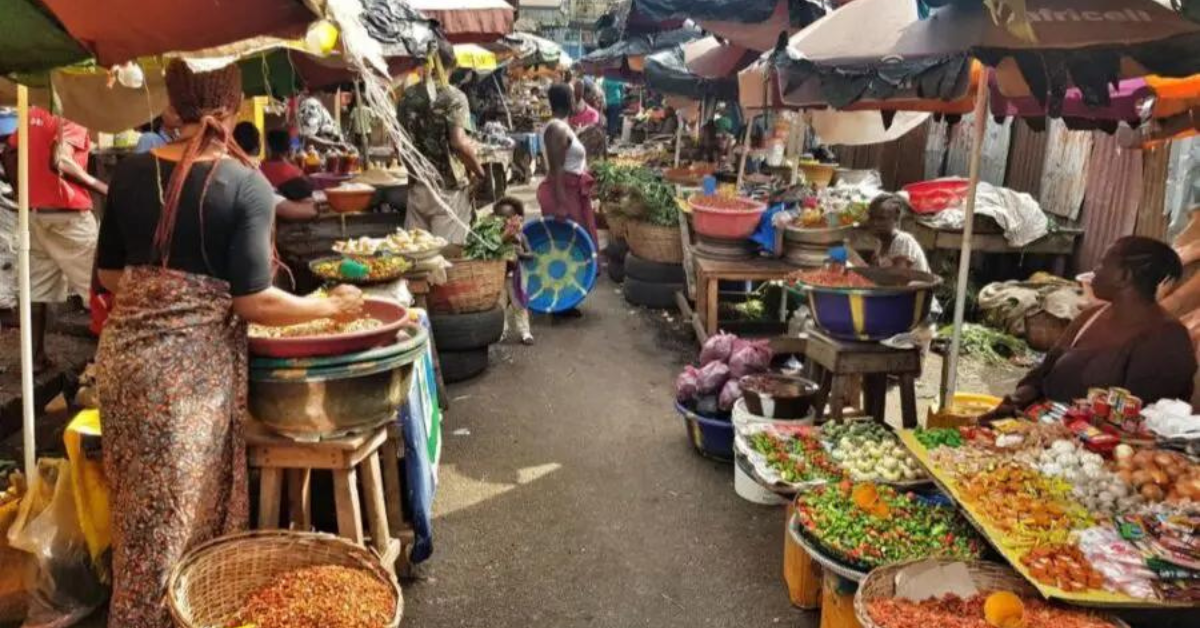In today’s socio-political landscape, the issues of nepotism, tribalism, and selfishness in Sierra Leone remain major obstacles to national progress. These deeply ingrained practices have hindered collective efforts to create a better future, as many prioritize personal gain over the country’s well-being. Despite calls for reform and prayers for a brighter tomorrow, these destructive tendencies continue to divide the nation.
At the core of the problem lies the hypocrisy that permeates society. Many citizens, while vocal about the need for systemic change, are themselves entrenched in nepotistic and tribalistic behaviors. This contradiction undermines any genuine efforts at national development. Blaming others for the country’s shortcomings while engaging in self-serving practices only perpetuates the cycle of stagnation and dysfunction.
The problem is further exacerbated by the lack of unity and the pervasive presence of envy. Instead of supporting one another, individuals often celebrate the failures of others, finding joy in their struggles. This attitude breeds division, making it difficult for the nation to move forward. Without a collective commitment to uplift one another, the country remains trapped in distrust and hostility.
Politicians, too, bear the greater responsibility for our nation’s woes. While the people cry out for change, political leaders often strip away opportunities and resources, leaving the public powerless. The masses may stand together in large numbers, but without a shift in attitude and priorities, their collective strength is rendered ineffective. If the national mindset remains unchanged, real progress will continue to be elusive.
The lack of direction is evident, as society drifts without a clear path forward. Like scattered leaves blown by the wind, the people are caught up in distractions and petty concerns while more significant threats loom. The future of the nation is at stake, yet many remain focused on trivial matters, oblivious to the bigger picture. Without a united vision, the country risks falling into deeper turmoil.
To achieve lasting change, the solution must come from within. Citizens need to examine their attitudes and behaviors, recognizing that progress requires more than just political reform – it demands personal accountability. Overcoming envy, selfishness, and tribalism is essential for national prosperity. If individuals can rise above these divisive tendencies and come together as one, the nation can thrive. However, failure to do so will result in the collapse of all efforts made toward a better future. The challenges facing the nation are not insurmountable, but they require a fundamental shift in mindset. Unity, selflessness, and a shared commitment are the keys to overcoming the deep-rooted issues of nepotism and tribalism. Only by embracing these values can the country hope to rise again and build a prosperous future for all.











